Book 11 – A debut Novel – The Old Drift by Namwali Serpell
Book Blurb:
1904. On the banks of the Zambezi River, a few miles from the majestic Victoria Falls, there is a colonial settlement called The Old Drift. In a smoky room at the hotel across the river, an Old Drifter named Percy M. Clark, foggy with fever, makes a mistake that entangles the fates of an Italian hotelier and an African busboy. This sets off a cycle of unwitting retribution between three Zambian families (black, white, brown) as they collide and converge over the course of the century, into the present and beyond. As the generations pass, their lives—their triumphs, errors, losses and hopes—emerge through a panorama of history, fairytale, romance and science fiction.
From a woman covered with hair and another plagued with endless tears, to forbidden love affairs and fiery political ones, to homegrown technological marvels like Afronauts, microdrones and viral vaccines, this gripping, unforgettable novel is a testament to our yearning to create and cross borders, and a meditation on the slow, grand passage of time.
Publisher: Hogarth
Pages: 857 on my tablet, 576 in hardcover
Author Country: Zambia
Review:
I didn’t like it.
It breaks my heart, but I didn’t even have the heart to finish it.
I was bound to end up at a place where I didn’t like one of the books I picked, and I’m absolutely gutted that it had to be this one.
Seriously, do you know how hard it is to hear so much good about a book, discover the writer is from your country, that the book is being nominated for awards, and then….just….not like it?
In fairness to the book, I haven’t read the whole thing. I’m currently circling and stuck on page 183 and each time I read a sentence, I want to hurl the tablet across the room.
It’s not the writing style. Serpell has a beautiful way of writing. Her descriptions are poetic, pulling you into the various geographical locations where she’s set the scenes. Her description of people is minimal yet not overwhelming. She doesn’t waste time on trivialities. Her dialogue is crisp and to the point. So it’s certainly not her writing style I have an issue with. Not at all.
I think it’s just that I’ve gotten tired of these sorts of books. The books about Africa that start from and continue a narrative where the “native” is a caricature drawn through the eyes of the colonialist’s narrow gaze and derogatory words are used over and over till I want to scream. The portrayal may be historically accurate, and in some instances even draws from actual historical journals, but nope. All I felt was – I’ve read this type of book before. over and over and over and I’m tired of this. I don’t want to read it, even if it will serve a purpose in the end.
Yes, I’ve read the reviews on this book and I know it doesn’t stay that way. People are just gushing about it and how it moves from colonialist 1904 times all the way to the 2020’s, incorporating magical realism, afrofuturism and spanning three lifetimes and numerous women’s voices. It sounds exactly like something I would love to read. like EXACTLY up my alley.
Yes, I went back and forth to the family tree at the start of the book to remind myself (several times!) the book will change narratives times and weave through nine different perspectives in several time periods. That it won’t stay focused tired colonialist views and voices.
And yet I can’t get past these first couple of chapters and why the writer chose to start her book this way.
Look, she’s entitled to start it however the fork she she wants, but equally, the reader will interpret it however they feel too. I’ve just gotten tired of such ways. The fact that the first Zambian voice we hear from is 100+ pages into the book, and even then, is embedded within a young british woman’s narrative. The fact that I (I’m owning that this may not be Serpell’s intention but there you go) feel it punches down a bit too much in that section. Describing a young Zambian girl’s Zamglish as irritating to this upper class british woman, with her chicken instead of kitchen, shittybeds instead of bedsheets, creening instead of cleaning. Yes, us Zambians do laugh at these quirks that have developed in the way English is spoken in Zambia, but even then, it’s sometimes…no, often times, a classist, bullshit leftover of feeling superior for speaking a certain way while not acknowledging that someone is pretty cool for speaking two languages. Instead it’s some bullshit colonialist leftover view that if you don’t speak “The Queen’s English” (gag!), with the inflection that’s properly accorded to it, you’re somehow lesser?
English came by boat. We can damn well speak it however the fork we want and we shouldn’t use an upper class snobby british person to point out our foibles that we’re very much aware of.
As you can tell, it just rubbed me up the wrong way.
It may not have been her intention, but that’s what I took away.
I can see what she was trying to do, but there are, I feel, better ways she could have done it.
I feel like I’m being unnecessarily harsh and the guilt will probably pour in and I hope to hell she never sees this review EVER, but I can only be honest in how it made me feel.
There’s a big difference between using Zamglish, or pidgin English or patois to describe a way of speaking, and the broken, nodding grinning native that appears in this chapter and it forking well, pissed, me. off.
So yeah, maybe this is just not the year for me to read this book.
I wish her all the best, and I hope she wins all the accolades and makes lots of money. I’ll look up some of her other stories so that the well isn’t entirely poisoned for me, but this book…
It’s a no from me.
*
I borrowed my book from our local digital library, but it you’d like to, you can buy yours by following this affiliate link for bookdepository Should you follow the link and buy a book, I’ll get 5% off the price of my next purchase, so give me some love if you. They provide free worldwide shipping so that’s an added bonus to their relatively low book prices.
Till next time,
M

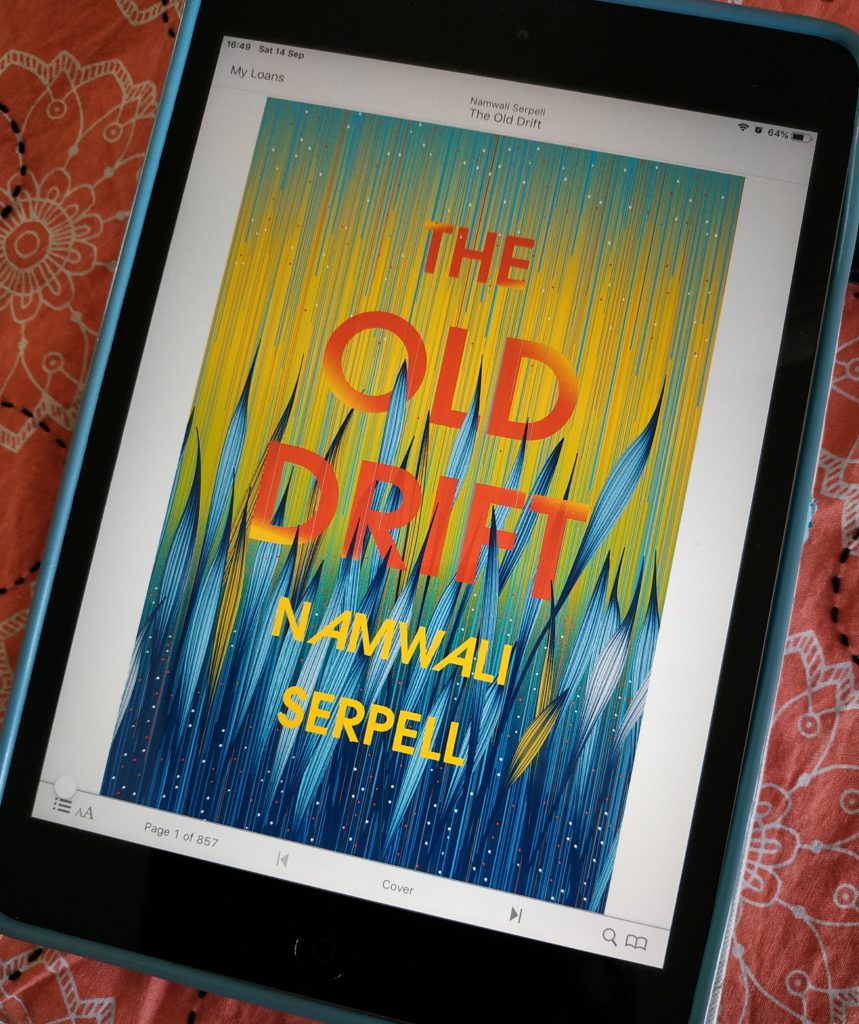
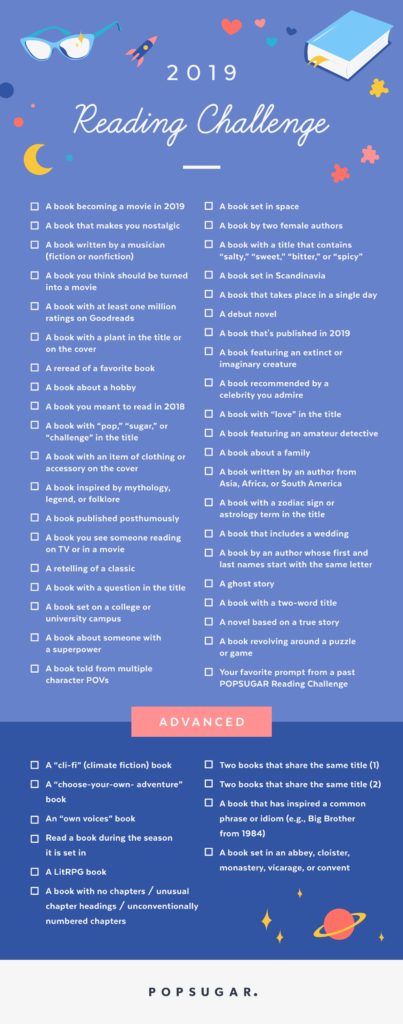
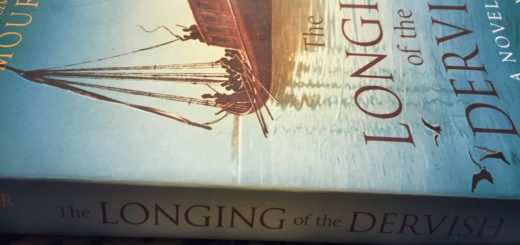


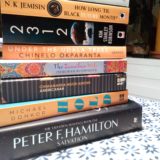
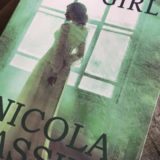







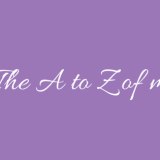




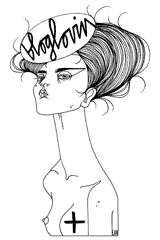
Well, you shouldn’t be afraid of the author reading this. We writers need to know when someone isn’t pleased with our works, at least for me I’d want to know. Too much praise kills things ;-))
Yes, but….I still feel guilty!